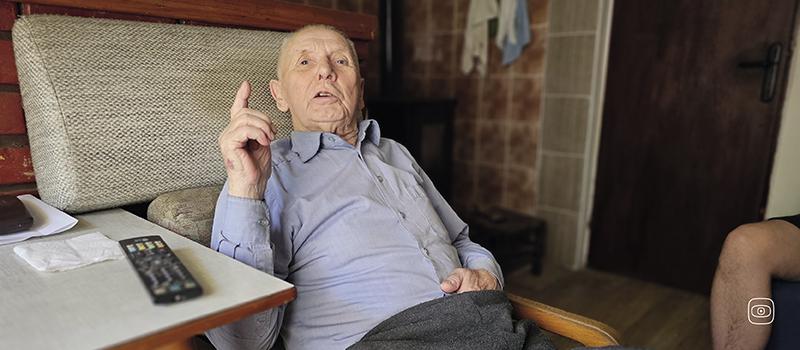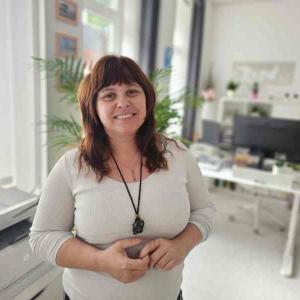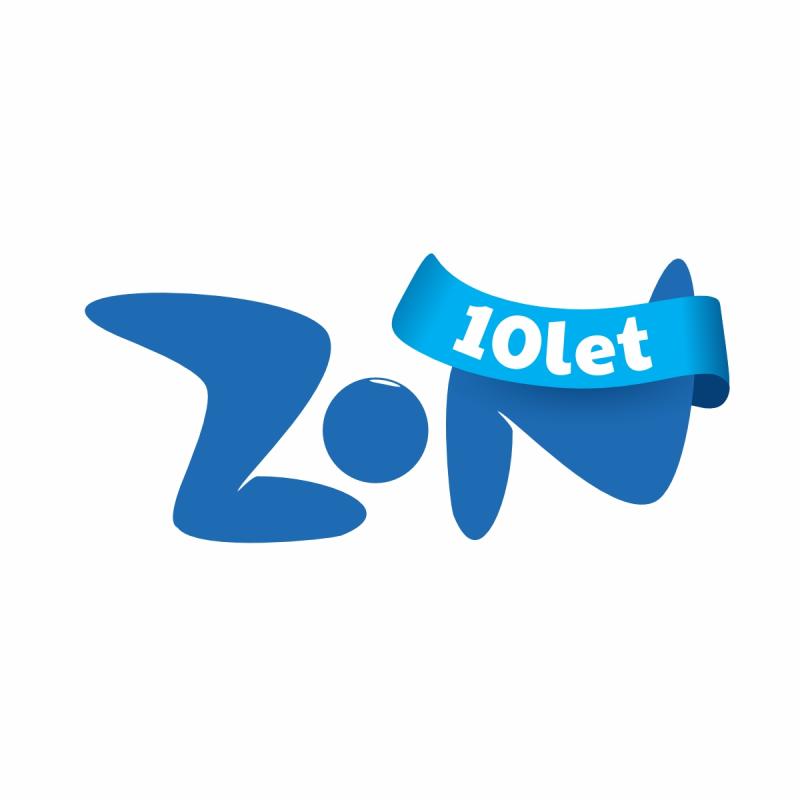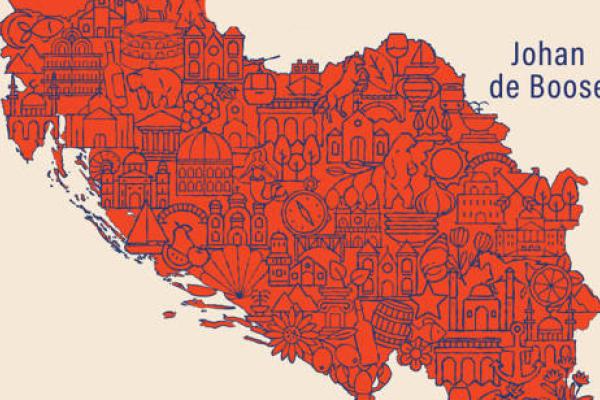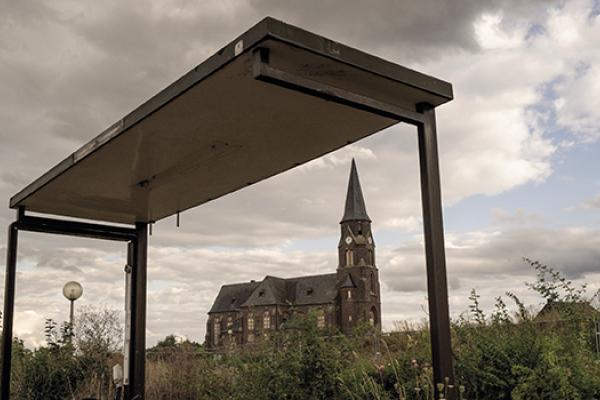Many of the documented narratives had rarely been shared publicly before, shedding light on systemic issues and hidden histories. The research journey resulted in first-hand accounts and unique encounters, with some stories dating back to the aftermath of World War II.
The central story of the project, 'Study Hard So You Don't End Up Like Those Bosnians', tells the stories of three miners who each migrated from impoverished regions of Bosnia to work in the coal mines of Slovenia in different decades. Two of the miners stayed in Slovenia, while the third eventually returned to Bosnia.
Their stories reflect personal sacrifice and complex perspectives on identity and displacement, as well as the countries they call home. Leaving their families behind, they travelled hundreds of kilometres as 14-year-old boys and experienced the dissolution of Yugoslavia and the brutal war in Bosnia — all while literally underground, building the foundations of industry.
Methodology:
This collaboration between Slovenian and Bosnian journalists brought to light the differences in political climate and levels of press freedom between the two countries.
These differences influenced both working methods and the final narratives. Although a clear editorial plan was established at the outset, the connections and data gathered throughout the project paved the way for new storylines.
The research combined archival work, field interviews, and cross-border collaboration. A major obstacle was the loss or fragmentation of institutional records following the dissolution of Yugoslavia. Documentation relating to economic migration from state institutions in Slovenia and Bosnia and Herzegovina was frequently either incomplete or unavailable.
The reporting team searched the physical archives of the Zasavje coal mine, collaborated with the Institute for Ethnic Studies in Slovenia and consulted a scholar who had completed a PhD on migration between the two countries over twenty years ago. They received additional support from the Bosnian Association of Slovenians and many individuals who shared personal documents and stories. They also collected and analysed pre- and post-independence publications relevant to the topic.
